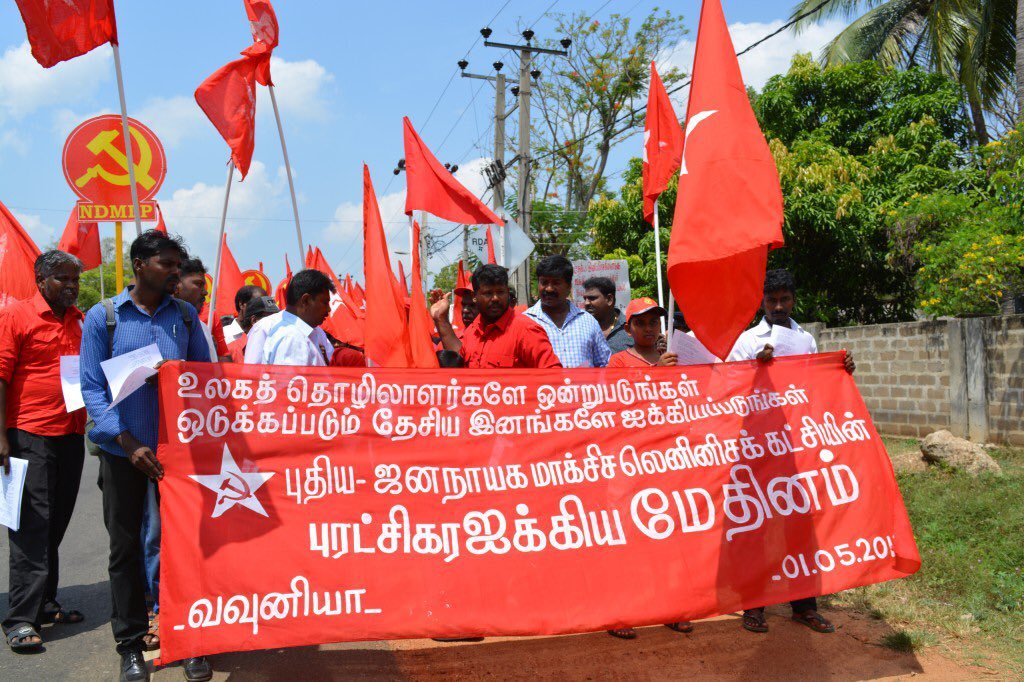
Importance of Marxist influence in Srilanka
Importance of Marxist influences in countries Sri Lanka, along with historical context, contemporary relevance, and potential challenges:
### Historical Context
1. **Post-Colonial Era**: After gaining independence from British colonial rule in 1948, Sri Lanka faced many socio-economic challenges, including land distribution, labor rights, and ethnic tensions. Marxist ideologies gained traction as they addressed issues of exploitation and inequality, influencing political movements and parties.
2. **Leftist Political Parties**: The Sri Lanka Freedom Party (SLFP) and the Communist Party of Sri Lanka were significant players in the political landscape during the mid-20th century. Their efforts focused on social justice, land reforms, and labor rights, shaping the country’s policies and governance.
3. **Land Reforms**: In the 1970s, under the leadership of the SLFP, land reform initiatives aimed at redistributing land and improving agricultural productivity were implemented. These reforms were influenced by socialist principles and aimed to uplift rural communities.
### Contemporary Relevance
1. **Economic Crisis**: Sri Lanka has faced severe economic challenges, particularly in recent years, including a balance of payments crisis and inflation. Marxist critiques of capitalism can provide insights into the structural issues underlying these crises and advocate for alternative economic policies.
2. **Social Movements**: Various social movements in Sri Lanka, including those advocating for workers’ rights, farmers’ rights, and environmental justice, often draw on Marxist principles. These movements highlight the need for systemic change to address social and economic inequalities.
3. **Ethnic and Class Solidarity**: Marxist ideologies can promote solidarity among different ethnic and social groups in Sri Lanka, addressing class inequalities while also recognising the importance of ethnic rights and representation.
### Potential Challenges
1. **Political Fragmentation**: While Marxist and leftist ideologies have historically influenced Sri Lanka, the political landscape is fragmented, with numerous parties and movements. This fragmentation can dilute the effectiveness of a unified Marxist approach.
2. **Globalization**: The pressures of globalization and neoliberal economic policies pose challenges to Marxist movements. The influence of multinational corporations and foreign investments can complicate efforts to promote local economic development and social justice.
3. **Resistance to Change**: There can be significant resistance from established political and economic elites to Marxist-inspired reforms. This resistance may manifest in political pushback or efforts to undermine social movements advocating for change.
4. **Balancing Ethnic Tensions**: Given Sri Lanka’s complex ethnic landscape, Marxist movements must navigate the challenges of addressing class issues while also respecting and promoting ethnic identities and rights.
### Conclusion
The importance of Marxist influences in Sri Lanka lies in their potential to address deep-rooted social and economic issues, advocate for marginalized communities, and promote a more equitable society. While there are challenges to implementing Marxist principles in a contemporary context, the historical legacy and ongoing relevance of these ideas continue to shape political discourse and social movements in the country. By fostering solidarity and addressing inequalities, Marxist thought can play a crucial role in Sri Lanka’s ongoing struggle for social justice and development.






